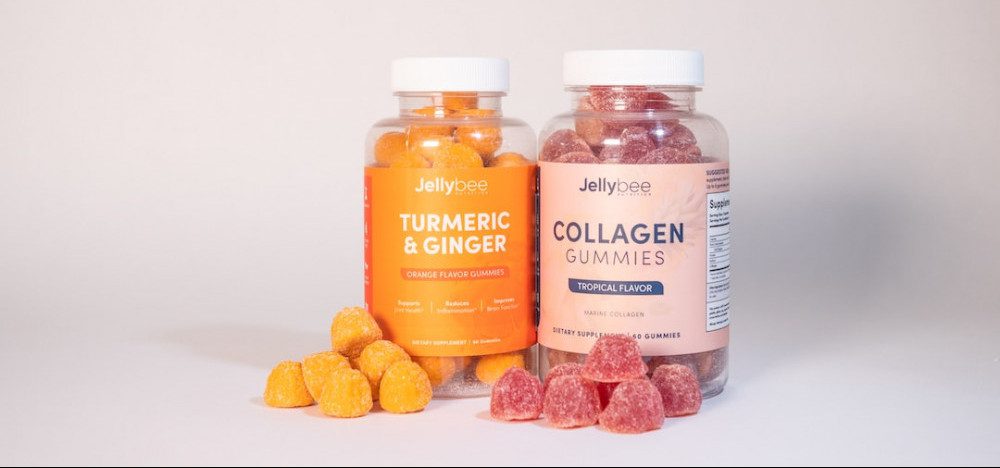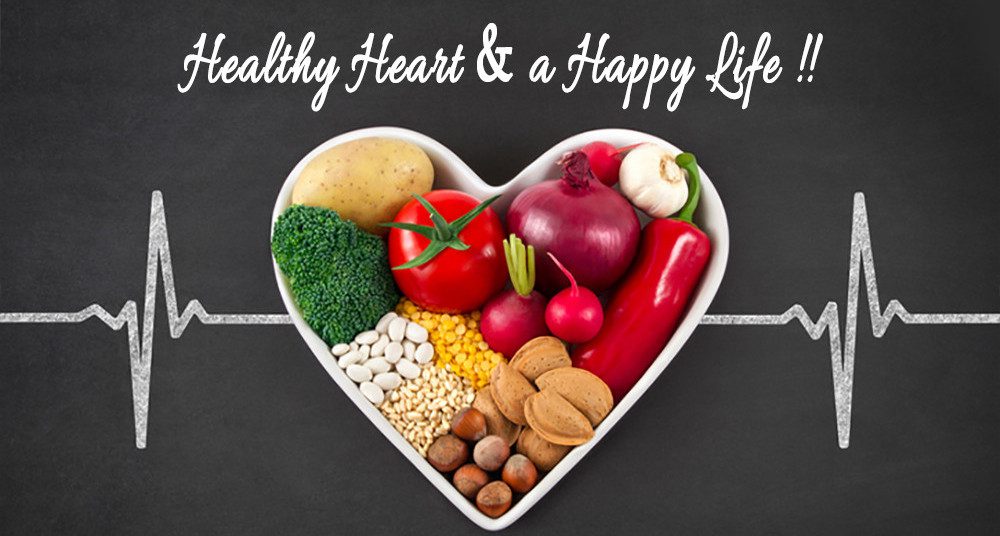The Story on Nutrition and Supplements for Seniors
This article is titled “Nutrition and Supplements for Seniors”. Despite that inherent focus, I must first share that according to most doctors and the National Institutes of Health-National Institute on Aging, it is best to obtain all of your nutrients, vitamins and minerals from a well-rounded diet. However, that doesn’t always work, so I have shared several articles below that indicate that few adults actually reach their minimal daily requirement of vitamins and minerals:
- Web MD-Missing Nutrients in Your Food
- The Healthy.com-Nutrients Even Nutritionists Don’t Get Enough Of
- SingleCare.com-Common Nutrient Deficiencies
My post titled, Best Supplement for Seniors highlights many of the supplements recommended by the medical professionals cited in this post.
I encourage you to read further within this post as there is a lot of useful information as you investigate Nutrition and Supplements for Seniors:
My Personal Experience
I for one will admit that though I eat a healthy, balanced diet, I take a few vitamins and supplements on a daily basis. Several years ago, I had a bone density test performed which showed that I have osteopenia. This ailment is indeed more common in people over 50, especially women. Understandably, I now take a Calcium supplement twice a day. According to the Cleveland Clinic, here are the primary risk factors for osteoporosis, which is more severe than osteopenia:
Risk factors for osteoporosis include:
- Not enough calcium in the diet.
- Age over 50.
- Small, thin body-build.
- Family history of osteoporosis.
- Being a white or Asian woman.
- Smoking.
- Use of certain medications such as breast cancer treatments, seizure medications, and steroids.
In addition, I have had two knee surgeries for a meniscus tear and general cartilage degradation that left me with increased pain when active. I read about taking Glucosamine Sulfate and found a supplement that includes Glucosamine Sulfate, Chondroitin and MSM that has been very beneficial. Prior to taking it (years ago), I would experience pain after 5-10 minutes of playing with my young son in the back yard. Since taking the supplement regularly, I am pain free and hike, bike, ski and play tennis regularly. Admittedly, I do NOT jog but can now run short distances without discomfort as well as ski, bike, hike and play tennis. I take a few other supplements for various reasons that I will describe later.
According the NIH-National Institute on Aging, people over age 50 may need more of some vitamins and minerals than younger adults do. Your doctor or a dietitian can tell you whether you need to change your diet or take a vitamin or mineral supplement to get enough of these:
- Calcium: Calcium works with vitamin D to keep bones strong at all ages. Bone loss can lead to fractures in both older women and men. Calcium is found in milk and milk products (fat-free or low-fat is best), canned fish with soft bones, dark-green leafy vegetables like kale, and foods with calcium added, such as breakfast cereals.
- Vitamin D: Most people in the United States consume less than recommended amounts of vitamin D. Talk with your doctor about adding vitamin D-fortified milk and milk products, vitamin D-fortified cereals, and fatty fish to your diet, or using a vitamin D supplement.
- NOTE: FIND A SUPPLEMENT THAT HAS BOTH CALCIUM AND VITAMIN D
- Vitamin B6: This vitamin is needed to form red blood cells. It is found in potatoes, bananas, chicken breasts, and fortified cereals. The recommended daily requirement is 1.5 mg for women over 50 and 1.7 mg for men over 50.
- Vitamin B12: This helps keep your red blood cells and nerves healthy. While older adults need just as much vitamin B12 as other adults, some have trouble absorbing the vitamin naturally found in food. If you have this problem, your doctor may recommend that you eat foods like fortified cereals with this vitamin added, or take a B12 supplement. Strict vegetarians and vegans are at greater risk of developing vitamin B12 deficiency because natural food sources of vitamin B12 are limited to animal foods. Talk with your doctor about whether taking a B12 supplement is right for you.
For a comprehensive list of vitamin and mineral intake levels for older adults, visit NIA’s article on vitamins and minerals or the Dietary Guidelines for Americans, 2020-2025 (PDF, 30.9M).

Recommended Supplements for Seniors
The Cleveland Clinic recommends considering supplements for 9 key vitamins and minerals in order to maintain your health. Their list of those key nutrients is below:
- Vitamin A
- Vitamin B
- Vitamin C
- Vitamin D
- Vitamin E
- Vitamin K
- Calcium
- Iron
- Zinc
How to Buy Vitamins and Supplements
Supplements are not regulated by the U.S. Food & Drug Administration (FDA) or USDA. So how do you know you’re getting safe and effective supplements?
The Cleveland Clinic and several other reputable health organizations recommend doing the following before adding vitamins or supplements to your daily regimen:
- Consult your doctor.
Before taking any supplements, make sure you talk to your health care provider to make sure you need them and that they won’t interact with any of your medications. - Look for third-party testing. Some supplement companies will send their products to an outside third-party company to verify that the ingredients are accurate.
- Look for the USP seal.
The United States Pharmacopeia (USP) is an independent, nonprofit organization whose goal is to supply safe, quality products. - Consider ingredients.
Look for vitamins and supplements with minimal additives and fillers. This will ensure you get only what you need and no unnecessary ingredients.
So while supplements can be helpful, eating a healthy diet is your first course of action. As Kate Patton, with the Cleveland Clinic, stated in the aforementioned article, “Don’t use supplements to replace healthy eating”.
Reasons to Take Vitamins Other Than Nutrition
As has been stated, a healthy diet is key ingredient to living a happy, healthy retirement. However, are there other reasons to take supplements other than to fill in the nutritional holes in your diet? The answer is YES. There are several.
In their fact sheet for consumers, The National Institutes of Health states:
“Some dietary supplements can improve overall health and help manage some health conditions. For example:
- Calcium and vitamin D help keep bones strong and reduce bone loss.
- Folic acid decreases the risk of certain birth defects.
- Omega-3 fatty acids
from fish oils might help some people with heart disease. - A combination of vitamins C and E, zinc, copper, lutein, and zeaxanthin (known as an AREDS formula) may slow down further vision loss in people with age-related macular degeneration
(AMD).
Many other supplements need more study to determine if they have value. The U.S. Food and Drug Administration (FDA) does not determine whether dietary supplements are effective before they are marketed.

Supplements Helpful to Heart Health and Management of LDL
An area of special interest to me is doing whatever I can to stay heart healthy and manage my cholesterol levels. In addition to a healthy diet and exercise, the Mayo Clinic has shared 7 supplements that they recommend considering as you try to manage your cholesterol levels:
- Berberine
- Fish oil (see a second Mayo article)
- Flaxseed, ground
- Garlic
- Green tea or green tea extract
- Niacin
- Plant stanols and sterols
If you are interested in adding vitamins and supplements to you daily heart health regimen, I recommend you check out this page on my website.
Studies have also shown that eating soluble fiber lowers cholesterol absorption in your bloodstream. Luckily, soluble fiber can be found in many of your favorite foods like:
- Oranges
- pears
- peaches
- asparagus
- potatoes
- whole wheat bread
- oatmeal
- kidney beans
Lastly, taking psyllium supplements regularly has also been shown to significantly reduce cholesterol numbers as well as a number of other health benefits. It should be noticed it is high in fiber and can cause some mild gastro discomfort in some people.

Supplements for Osteoarthritis and Joint Pain
As I had mentioned earlier, I have had success in relieving my knee pain with a supplement consisting of Glucosamine, Chondroitin, and MSM. This article supports that combination and possesses a few more recommendations for sufferers of joint pain.
If you are interested in adding any of these supplements to your pain management strategy, check out my page featuring a number of supplements I use and recommend.
Additional Supplement Info
L-Arginine
A Mayo article indicates that because L-arginine acts as a vasodilator, opening (dilating) blood vessels, many people take oral L-arginine to treat heart conditions and erectile dysfunction. It may be a coincidence, but after taking L-Arginine for 3 months, my LDL dropped 15 points at my last annual physical.
NOTE: An NIH study in 2016 showed that a significant negative association was observed between plant-derived L-arginine intake and changes of both systolic and diastolic blood pressure, whereas animal-derived L-arginine intake was related to increased levels of diastolic blood pressure. This means that you should only consider plant based L-Arginine.
Oil of Oregano
My brother, who is a bit of a naturopath, swears by oil of oregano. Here is an article that provides 10 benefits of the essential oil: